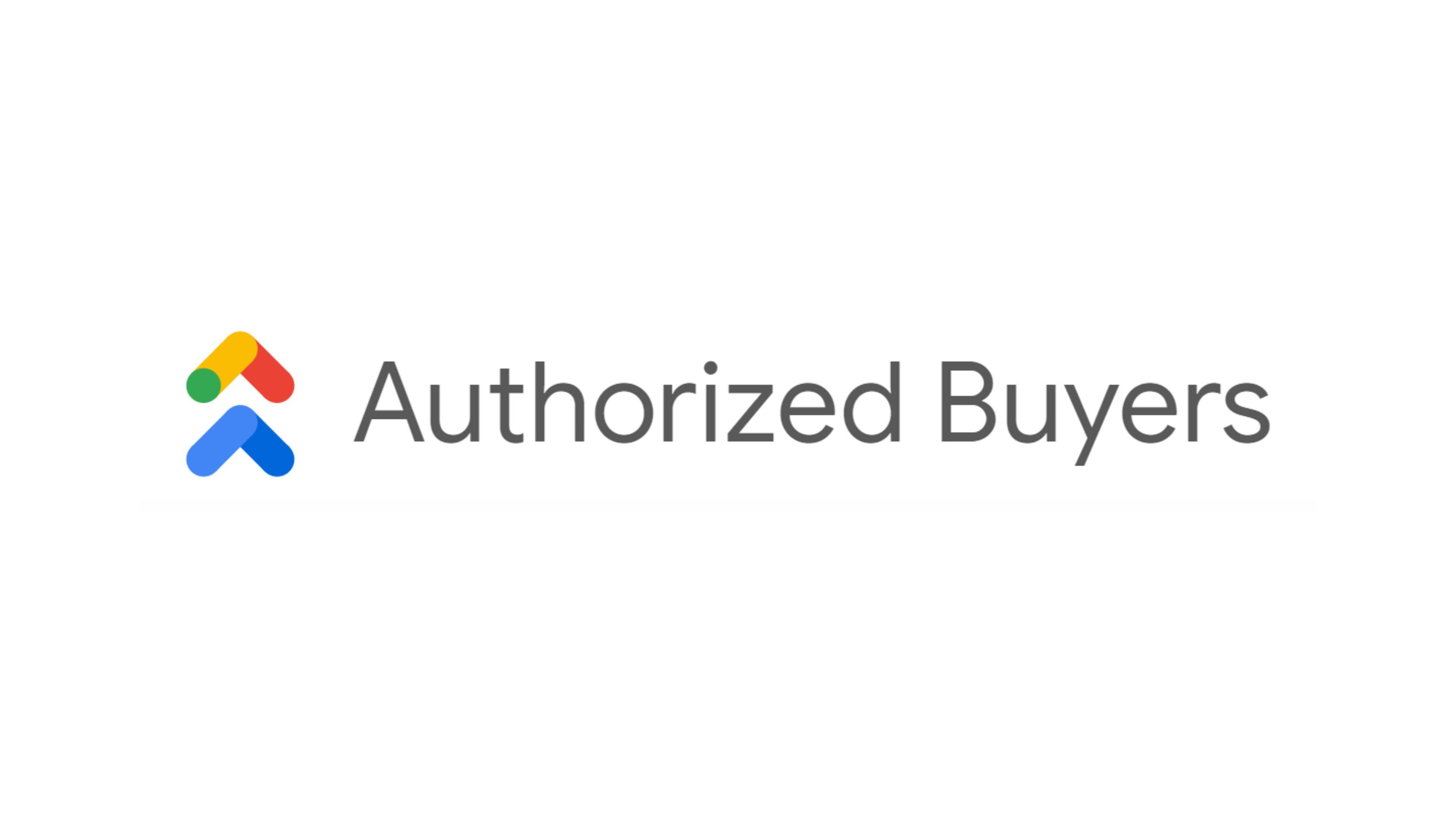Google to stop sending contextual information on the bid requests
Google yesterday announced that will stop sending contextual information on the bid requests, starting in February 2020. According to Google, this a result of engagement with the European data protection authorities, and the intent is to take an additional step to further guard user privacy.

Chetna Bindra, Senior Product Manager, User Trust, and Privacy, at Google, wrote that since GDPR, Google has already introduced measures to protect European users. Google requires publishers to obtain consent from users to serve personalized ads, Google applies data minimization practices to the scope of the data shared in RTB bid requests, including truncating device IP addresses and using only resettable user IDs.
What is the contextual information Google will stop sharing?
Content categories are descriptions of the type of content on a specific page, website or app. According to Google, these categories may indicate whether the content is about news or weather, and are intended to provide contextual information to advertisers about the site or app where the impression may appear.
Google was prohibiting advertisers from using the services to build user profiles around sensitive categories but there was always a risk that third-party services will do that. The processing of special category data without consent was one of the 9 concerns about RTB pointed out by the UK regulator.
Chetna Bindra also says that Google will soon update the EU User Consent Policy audit program for publishers and advertisers, as well the audits for the Authorized Buyers program.

